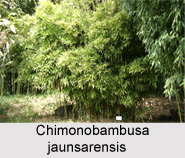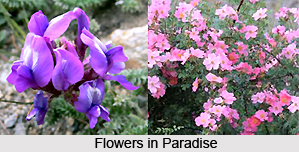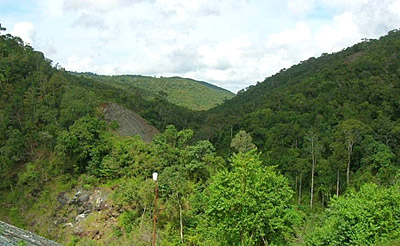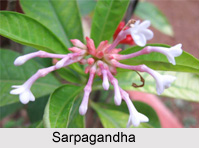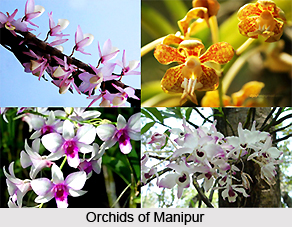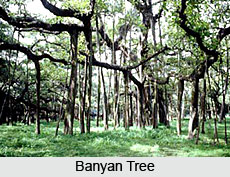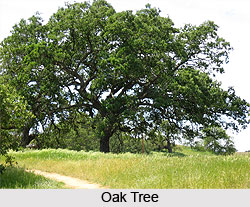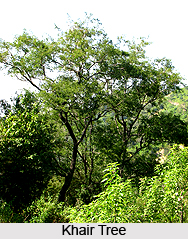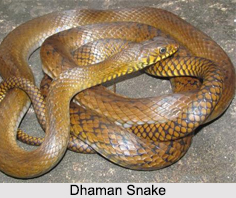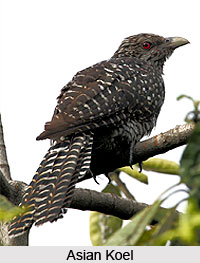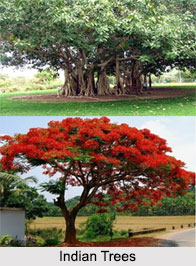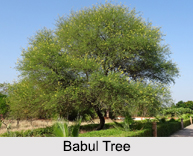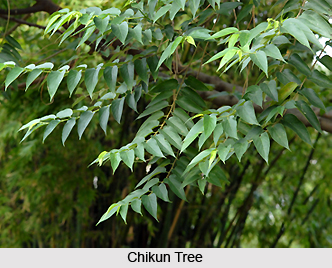 Chikun is a fast growing and short-lived evergreen tree which is found in the semi evergreen and deciduous forest regions of India. The botanical name of Chikun is Trema orientalis (L) Blume. This medicinal plant is also known in various other names including Gio in Hindi language, ama, ami, amathalai, ratthi and malanto-tali in Malayalam language, Jivanti in Sanskrit language, chakamaanu, budamuru, gaddanelli, kaakamushti, priyalu and morali in Telugu language, gurklu, karuhale, gorlu, kiruhale and koruhale in Kannada language, ambaratthi, mini, chenkolam, mudalai, munnai, yerralai and oman in Tamil language, Gol in Gujarati language, jibon, jupong and chikan in Bengali language, jivani and kharkas in Oriya language, etc. An early pioneer species of this tree is found in forest clearings, fallow lands and other open, disturbed habitats all over the semi-evergreen and deciduous forest regions of India at an altitude of 2400 meters. Chikun also occurs naturally in Myanmar (Burma), Sri Lanka, Malaysia and China.
Chikun is a fast growing and short-lived evergreen tree which is found in the semi evergreen and deciduous forest regions of India. The botanical name of Chikun is Trema orientalis (L) Blume. This medicinal plant is also known in various other names including Gio in Hindi language, ama, ami, amathalai, ratthi and malanto-tali in Malayalam language, Jivanti in Sanskrit language, chakamaanu, budamuru, gaddanelli, kaakamushti, priyalu and morali in Telugu language, gurklu, karuhale, gorlu, kiruhale and koruhale in Kannada language, ambaratthi, mini, chenkolam, mudalai, munnai, yerralai and oman in Tamil language, Gol in Gujarati language, jibon, jupong and chikan in Bengali language, jivani and kharkas in Oriya language, etc. An early pioneer species of this tree is found in forest clearings, fallow lands and other open, disturbed habitats all over the semi-evergreen and deciduous forest regions of India at an altitude of 2400 meters. Chikun also occurs naturally in Myanmar (Burma), Sri Lanka, Malaysia and China.
Chikun is a fast-growing and short-lived evergreen tree or a large shrub which grows up to a height of about ten meters with straight, spreading and pubescent branches. The trunk of this tree is ringed with stipular scars and the bark is smooth with white or bluish-green to greenish-brown in colour. The branchlets of Chikun are pubescent. Leaves of this shrub is alternate, 7 to 13 centimeters long and 3.2 to 4.5 centimeters in width, obliquely ovate-oblong or oblong-lanceolate, pubescent beneath, margins crenate-serrulate, base unequal-sided, apex acuminate, rounded or subcordate; the petioles are 0.6 to 1.5 centimeters long with white-pubescent stipules. This is one of the Indian Medicinal plants which possesses minute flowers of whitish or greenish in colour, borne in auxiliary, pubescent cymes, the male cymes are more compact than the female and are present generally on different trees. Fruits or drupes are ovoid, 0.4 centimeters in diameter, glabrous and look black when ripe. Fruits and flowers of this tree blossom between the months of November and April in the central Indian deciduous forests.
Chikun is of high medicinal value. In Ayurveda, a decoction of the root of this shrub is used for treating diarrhoea and blood in the urine. The bark of Chikun is reported to be used in the preparation of a poultice in order to give relief from muscular pain. The leaves, bark and root are reportedly used in the treatment of epilepsy. The fruits of this tree are edible and provide a very sweet taste.
